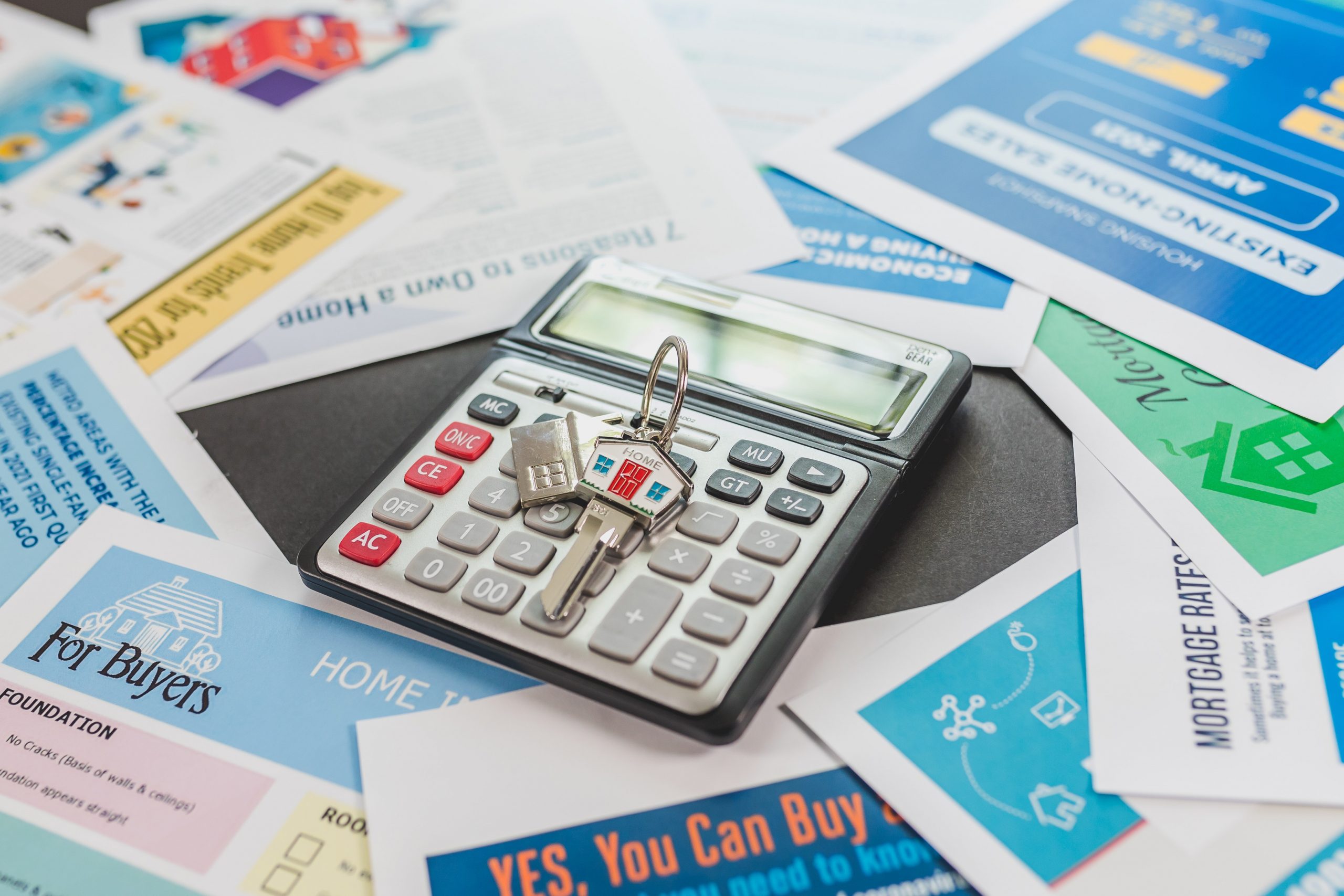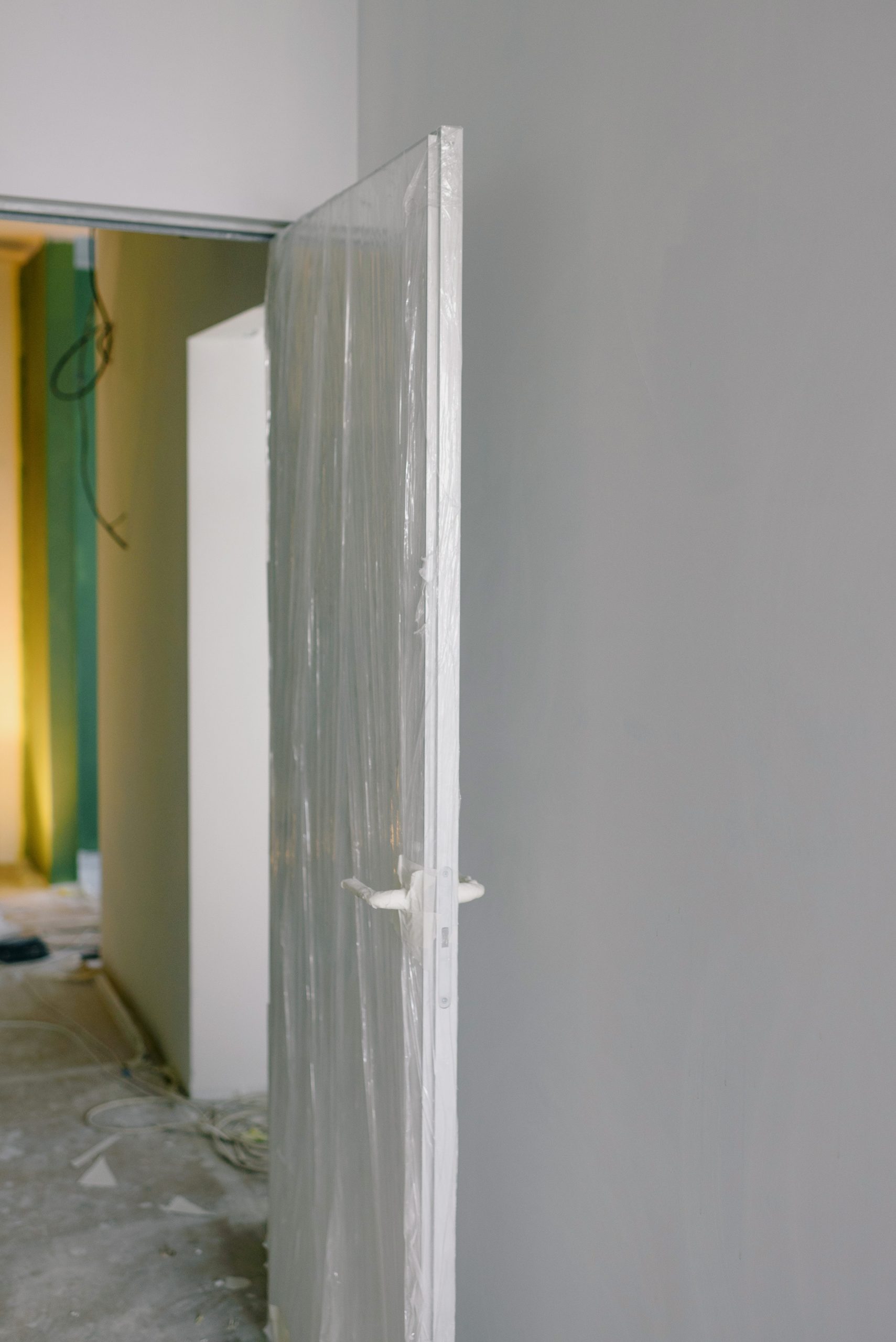As we’ve entered 2024, it’s a good time to look back on how the real estate market shaped up across the United States last year. 2023 was definitely a year where the real estate market had to adapt and show resilience. Even with different challenges, the industry proved to be quite strong and flexible, offering both hurdles and chances for buyers, sellers, and investors.
What Happened in the 2023 Real Estate Market:
- Supply and Demand: The balance between supply and demand was a big deal in 2023. While lots of people wanted to buy homes, especially in the suburbs and rural areas, there weren’t enough homes available. This made buyers compete hard, driving up prices and making it a great time to sell in many places.
- Remote Work: More and more people working from home changed what folks wanted in a home. People looked for places with more space, room for a home office, and access to nature. This made suburban and rural homes more popular, especially where living costs were lower and the quality of life was higher.
- Affordability Issues: Even though mortgage rates were low, many people still found it hard to afford a home. Prices went up quickly, but wages didn’t keep pace. This made owning a home too expensive for some folks. People started looking for solutions like affordable housing programs and creative ways to finance homes.
- City Renewal: While lots of folks were moving out to the suburbs, some cities worked hard to bring people and businesses back. They invested in things like better buildings, mixed-use areas, and fun stuff to do. These changes aimed to make city living more appealing and balanced between convenience and peacefulness.
Different Regions, Different Stories:
- Sun Belt Boom: States like Florida, Texas, and Arizona saw a big increase in people and real estate activity. The nice weather, lower taxes, and business-friendly vibes attracted folks looking for a new start.
- Coastal Challenges: Coastal areas faced special problems like rising sea levels and extreme weather. But despite these issues, the real estate markets there stayed strong. People and planners focused more on being ready for challenges and making coastal areas more sustainable.
- Midwest Growth: The Midwest became a hot spot for affordable homes, stable jobs, and good living. Cities like Indianapolis, Columbus, and Minneapolis-St. Paul saw more people moving in and more investment happening.
What’s Next:
Looking ahead to 2024, the real estate market will keep changing. Demographics, economics, and society will all play a role. There will be chances for those who can adapt and take advantage of new trends. Whether you’re buying, selling, investing, or working in the industry, staying informed and flexible will be crucial.
In summary, 2023 was a year where the real estate market showed how strong and adaptable it could be. Despite challenges, it set the stage for more growth and innovation in the future.


 Facebook
Facebook
 X
X
 Pinterest
Pinterest
 Copy Link
Copy Link











